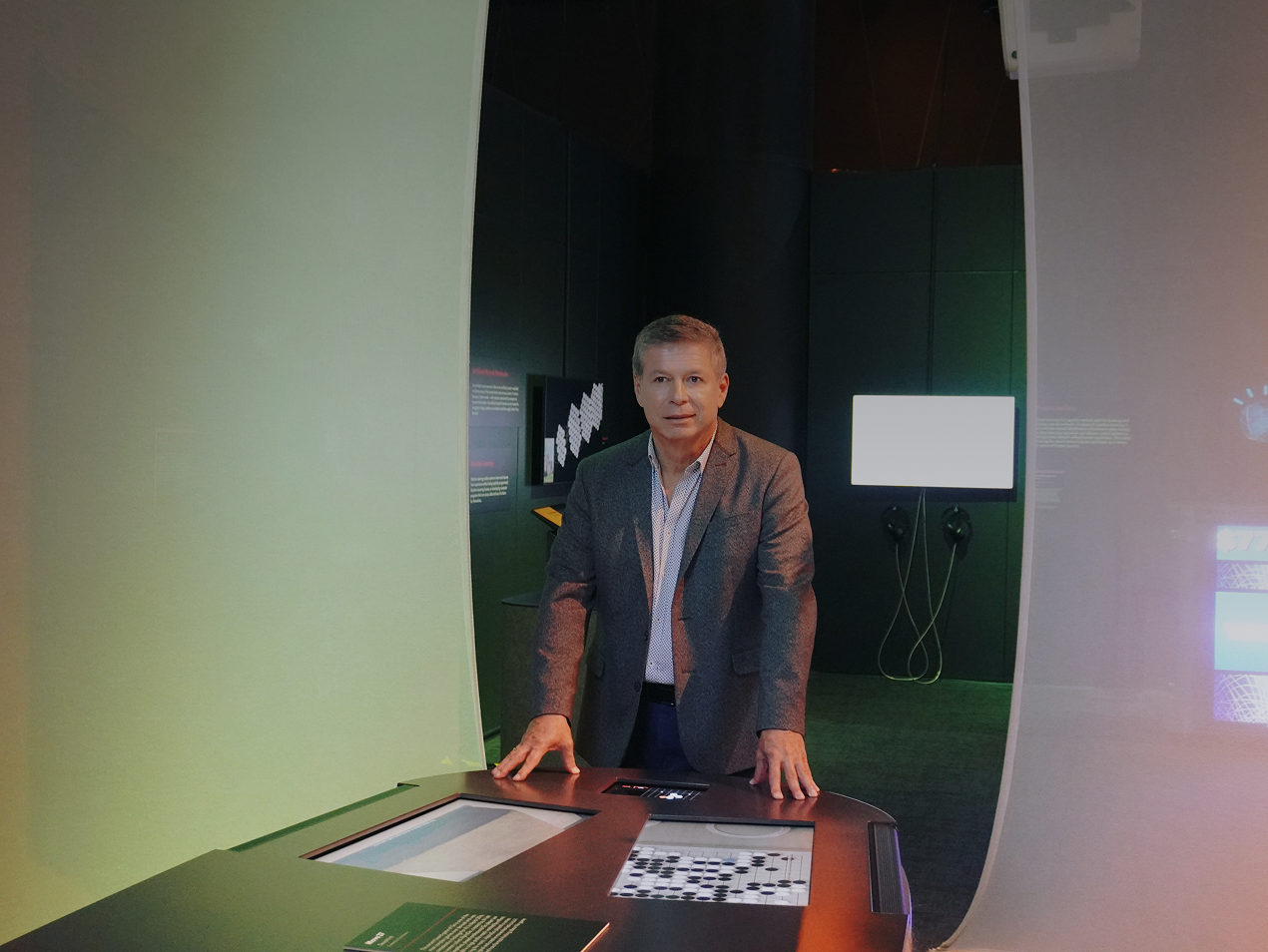The consumer goods industry is no stranger to reinvention — but nothing has recalibrated its foundations as quickly and radically as artificial intelligence. What began as scattered pilots is rapidly evolving into enterprise-wide transformation. In 2025, AI is no longer about automation — it's about reinventing how products are imagined, built, sold, and experienced.
The question isn’t, “Should we use AI?” It's: Are we using it to lead — or simply to keep up?
What’s Changing — and Why It Matters
Consumer behavior is volatile. Supply chains are still fragile. Margins are tighter. AI now sits at the center of solving these tensions. It's optimizing decisions in R&D, personalizing marketing at scale, forecasting demand with precision, and designing products with data before they even hit the shelf. According to McKinsey, predictive analytics can increase product launch success by up to 30%. In operations, companies adopting GenAI have seen up to 31% improvement in labor efficiency and a 15% drop in inventory carrying costs. This is not experimental anymore — it’s operational.
Real-World Impact
- Unilever uses AI to simulate and optimize product formulas, accelerating innovation and cutting time-to-market.
- Procter & Gamble has implemented real-time AI-driven segmentation, boosting U.S. sales by 10% and advertising ROI by 17%.
- Adidas deploys GenAI to prototype designs faster, reducing development cycles and costs.
- Sephora uses AI-powered chatbots and virtual advisors to drive customer satisfaction and conversion.
In each case, AI isn’t replacing people — it’s augmenting creativity, shortening feedback loops, and delivering outcomes that used to take quarters in weeks.
What’s Next: Unseen Opportunities
The next phase of AI in consumer goods will feel less like software — and more like collaboration with autonomous digital agents. Emerging tools are already taking over tasks like campaign execution, inventory planning, and personalized content creation — running in the background with little human oversight.
AI will soon power real-time personalization at scale. Retail strategies will move from static segmentation to dynamic, multimodal journeys: adapting to in-store behavior, mobile interaction, and even social sentiment in real time.
And data? It won’t just be a source of insights. It will become a new product category. The ability to monetize, activate, and share consumer intelligence across ecosystems — responsibly — will separate market leaders from legacy brands.
Leadership Imperatives: What Smart Companies Are Doing
- Fail Fast, Scale Smart: Leaders are piloting broadly but doubling down only where AI ties to clear outcomes — not hype.
- Build AI Into Strategy, Not Beside It: The most successful companies don’t treat AI as an IT issue — they embed it across the value chain.
- Balance Intelligence with Insight: Brands that win are integrating AI output with human expertise in R&D, marketing, and customer experience. They know what to automate — and what not to.
- Invest in Trust: With 63% of CEOs citing cybersecurity as a key risk, responsible data practices, transparency, and bias mitigation are not optional — they’re the cost of staying in business.
- Upskill to Adapt: AI doesn’t remove the need for people. It redefines the need. Leaders are investing in training teams to work alongside intelligent systems — not be displaced by them.
Key Challenges to Watch
AI isn’t risk-free.
- Cybersecurity and privacy concerns are rising due to the volume of sensitive consumer and partner data.
- Brand safety remains fragile, especially with generative AI tools capable of producing off-brand, misleading, or biased content.
- Regulatory pressure is intensifying companies must stay ahead of data governance laws like GDPR and EU AI Act.
- Implementation costs are high — and without a clear roadmap, many projects fail to scale.
- Workforce disruption is real. Success depends on how companies support change at every level.
The Takeaway
AI is no longer a differentiator. It’s a minimum requirement for staying relevant in consumer goods. But the advantage isn’t in the tools. It’s in how leaders choose to use them.
AI can help you launch faster, predict better, and personalize deeper. But only if it’s governed responsibly, integrated strategically, and guided by people who know how to ask the right questions.
The next wave of winners in consumer goods won’t be the most automated.They’ll be the most augmented — where technology scales, but human insight still leads.







